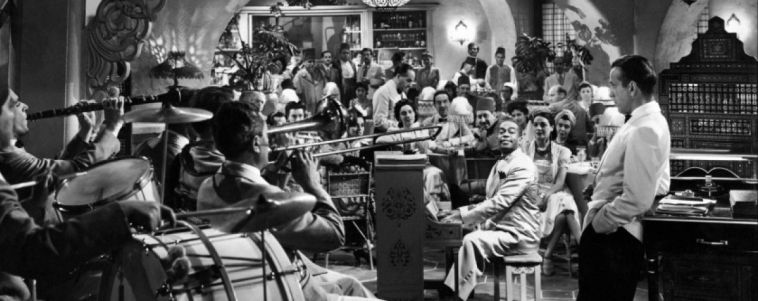An experienced cellist’s carefully ordered
life disintegrates when he is diagnosed with early-onset Parkinson’s. A
monomaniacal first violinist struggles with suppressed passions when a
beautiful young student lays claim to his affections. A husband, an insecure
second violinist, and wife, a brittle viola player, flounder when forced to confront
the reality of their failing marriage.
These personal dramas form the substance of A Late Quartet, Yaron Zilberman’s
meditation on classical music. The four individuals, played by Christopher
Walken, Mark Ivanir, Philip Seymour Hoffman, and Catherine Keener respectively,
form The Fugue, a world-famous string quartet entering its twenty-fifth year.
When Walken’s cellist, Peter, reveals his condition and announces his decision
to leave the group, the quartet’s fragile symbiosis is disrupted, perhaps fatally.
The film gets under the skin of its characters, using the allegory of life-as-music to explore the disharmony the group brings to their separate and collective existence. Hoffman's Robert is fed up on playing second violin and wants the chance to shine in the role currently occupied by Ivanir's disciplined Daniel; Juliette is distraught by the plight of Peter, her surrogate father, and fails to support her husband in his ambitions. Daniel, meanwhile, finds himself embarking on an affair with Robert and Juliette's impetuous daughter, Alexandra, played by Imogen Poots.
It's Walken, however, who, in his stillness and reserve, anchors the film in its central metaphor: "For us, it means playing without pause, no resting, no tuning. Our instruments must in time go out of tune each in its own quite different way... What are we supposed to do, stop, or struggle to continuously adjust to each other up to the end even if we are out of tune? I don't know." The whole cast turns in sensitive performances that elevate the inherent soapiness of Zilberman and Seth Grossman's script.
The film begins and ends, and, indeed, is run through with music, provided by the Brentano String Quartet, and feels in itself like a meticulously crafted emotional movement. I saw A Late Quartet some months ago and it's startling the clarity it retains in my thoughts: it's a minor gem, one that's unlikely to garner much critical or commercial attention but nevertheless demands consideration.
Verdict: Subtle and expressive, the film has Walken's dignity, Hoffman's frankness, Keener's poise, Ivanir's technicality: A Late Quartet is a virtuoso piece of cinema and I highly recommend it.
The film gets under the skin of its characters, using the allegory of life-as-music to explore the disharmony the group brings to their separate and collective existence. Hoffman's Robert is fed up on playing second violin and wants the chance to shine in the role currently occupied by Ivanir's disciplined Daniel; Juliette is distraught by the plight of Peter, her surrogate father, and fails to support her husband in his ambitions. Daniel, meanwhile, finds himself embarking on an affair with Robert and Juliette's impetuous daughter, Alexandra, played by Imogen Poots.
It's Walken, however, who, in his stillness and reserve, anchors the film in its central metaphor: "For us, it means playing without pause, no resting, no tuning. Our instruments must in time go out of tune each in its own quite different way... What are we supposed to do, stop, or struggle to continuously adjust to each other up to the end even if we are out of tune? I don't know." The whole cast turns in sensitive performances that elevate the inherent soapiness of Zilberman and Seth Grossman's script.
The film begins and ends, and, indeed, is run through with music, provided by the Brentano String Quartet, and feels in itself like a meticulously crafted emotional movement. I saw A Late Quartet some months ago and it's startling the clarity it retains in my thoughts: it's a minor gem, one that's unlikely to garner much critical or commercial attention but nevertheless demands consideration.
Verdict: Subtle and expressive, the film has Walken's dignity, Hoffman's frankness, Keener's poise, Ivanir's technicality: A Late Quartet is a virtuoso piece of cinema and I highly recommend it.























